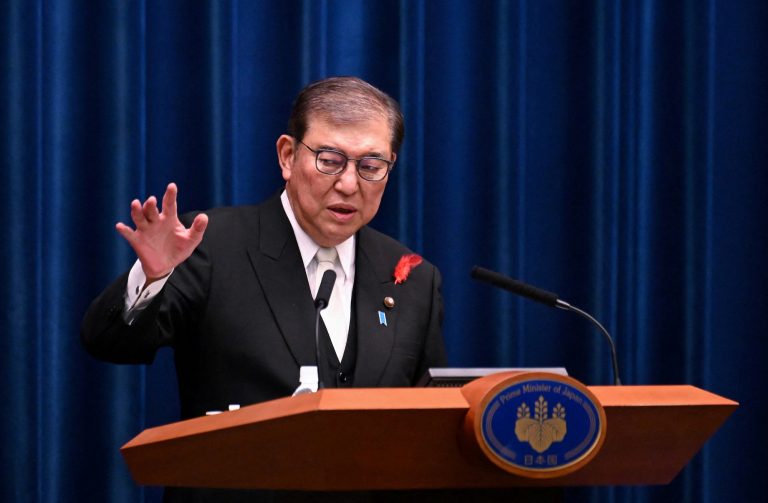A procuratorate in Beijing has filed public interest litigation against Chinese tech giant Tencent, accusing the company’s popular WeChat messaging app of violating minor protection laws. Procuratorate refers to the office of a public procurator, who is an officer charged with the investigation and prosecution of a crime. This is the first time that Tencent is facing a legal challenge of such kind.
According to the Haidian District People’s Procuratorate, the “youth mode” of WeChat hurts the “legal interest of minors.” However, the lawsuit does not mention what Chinese laws the app specifically violates. The youth mode allows users to access certain functions and games, like finding friends nearby or making payments, and so on. The procuratorate has invited all social organizations and institutions to file a written complaint within 30 days.
If Tencent were to lose the civil lawsuit, it stands to be hit financially by paying out substantial compensation. However, the company can act to settle the matter prior to going to court. Most of China’s public interest litigation, which began to be filed in 2017, has largely targeted food security and environmental pollution issues. WeChat has 1.26 billion monthly active users in China. In addition to messaging services, the app is also used for making payments.
Following the lawsuit, WeChat announced that it will look into the functions of the app. “We will earnestly inspect and check the functions of WeChat Youth Mode, accept user suggestions humbly and sincerely respond to civil public interest litigation,” the company team said in a post on Chinese social media network Weibo.
In an interview with SCMP, Dong Yizhi, a lawyer at Shanghai-based Joint-Win Partners, said that Tencent will not have to pay any penalties as it is not an administrative case. However, the parties that filed the case might be entitled to compensation from the company. “This case is in line with the big trend [in China] to rein in [the disorderly expansion] of capital,” he said.
Success
You are now signed up for our newsletter
Success
Check your email to complete sign up
The litigation comes as Tencent’s videogame “Honor of Kings” was recently slammed by a Chinese Communist Party (CCP) backed media outlet, causing the company’s stock to slump. A public interest group had filed a lawsuit against the company, accusing the game’s content of being inappropriate for minors. Tencent is also being investigated under the country’s antitrust laws.
“As one of China’s big two, it’s perfectly normal that Tencent felt anxiety about being targeted… There are two worries for Tencent, a concentration of undertakings review could impact acquisition deals, while investigations and litigations on abuse of dominant market positions could hurt the advantage of its platforms,” You Yunting, a lawyer with Shanghai-based DeBund Law Offices, said to Reuters.
Technology crackdown
China’s crackdown on tech companies began last year with Alibaba under the guise of strengthening oversight of these firms. In April, Alibaba was fined $2.73 billion by authorities. Didi, the country’s largest ridesharing app, is facing a cybersecurity review by the state’s internet regulator Cyberspace Administration of China (CAC). Several other companies are also facing increasing scrutiny of the communist regime.
Writing for The Epoch Times, Anders Corr, principal at Corr Analytics Inc. and publisher of the Journal of Political Risk, points out that Beijing’s tech crackdown has led to a $1.1 trillion loss in the market value of six Chinese technology companies since they peaked in February this year, a decline of 40 percent. He warns that the international system of free trade and free markets between democracies is under an existential threat.
“Xi Jinping’s aggressive policies are the cause of the market rout in China. Investors unwisely ignored his threats of war against the United States and Australia, and actual territorial incursions, including in air and maritime space, against Taiwan, Japan, India, Bhutan, and the Philippines over the last decade. Now that Xi’s actions are against corporations and wiping out over a trillion dollars of market value virtually overnight, investors are finally, and rightly, taking notice,” Corr writes.
One of the key factors why the CCP is acting aggressively against tech companies is that Beijing is planning on establishing a state-controlled domestic marketplace for big data, according to a July 20 report by Reuters.
Didi is apparently considering giving up control over its most valuable data to appease the government and end the regulatory probe it is being subjected to. Under the proposal, the company’s data would be held by a state-controlled third party.







